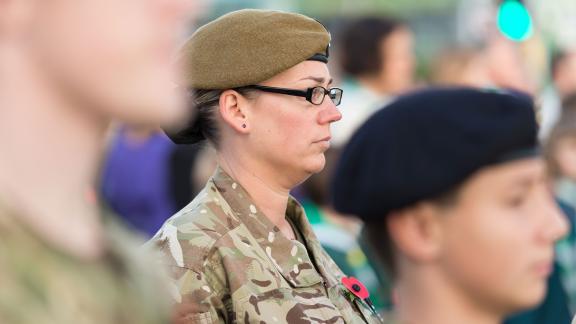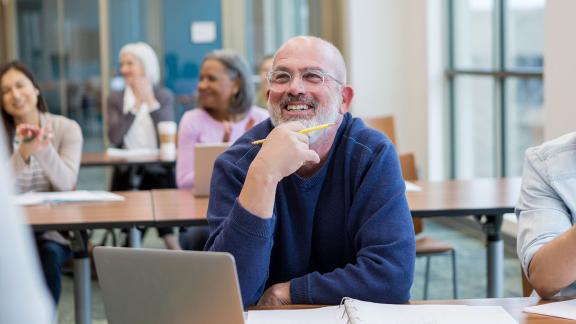Leadership, resilience, and service: lessons from the reserves to the NHS

From childhood, my time in the Girl Guides and participation in the Duke of Edinburgh’s Award programme sparked a lasting passion for adventure and service. While studying nursing at Southampton University, I attended taster sessions with the University Officers’ Training Corps, which first ignited my interest in military nursing.
After graduating, I began my first Band 5 role at the Royal United Hospital in Bath and simultaneously joined the Army Reserve. I commissioned into the Queen Alexandra’s Royal Army Nursing Corps (QARANC), becoming part of 243 Field Hospital, now known as 243 MMR. The Army Reserve offered the perfect balance, allowing me to pursue a rewarding civilian career while serving as a military nurse.
The skills and training I have gained through the military have had a direct and lasting impact on my NHS career. Military funding supported advanced life support training, masters’ modules, and instructional courses, all of which enhanced both my clinical competence and professional development. Working in demanding environments also strengthened my resilience and self-awareness, qualities that continue to benefit my role and career progression.
Equally important has been the leadership, mentoring, and coaching training provided by the military. These experiences have shaped me into a more effective clinician and leader, equipping me to nurture and guide colleagues within the NHS. The military also enabled me to pursue postgraduate study, completing a joint-funded master’s degree in Primary Health Care.
I have been fortunate to work for employers who recognise the value of reservists and have supported my commitments. From the outset of job applications, I have been open about my training obligations, ensuring clarity and understanding with each organisation.
In recent years, engaging with the Trust Armed Forces Champion and veteran networks has given me further opportunities to connect, share experiences, and support others within the healthcare system.
During the COVID-19 pandemic, I was able to draw on both NHS expertise and military organisational skills to contribute to the development of step-down medical facilities for patients recovering from the virus. This collaboration improved care pathways and strengthened cooperation between services. For this work, I was honoured to receive the Lord Lieutenant’s Certificate.
Being a reservist has profoundly influenced my personal and professional identity. It has given me confidence, resilience, and a network of lifelong friends and colleagues. The camaraderie and shared experiences continue to enrich my life and career.
I believe NHS Trusts should strive for gold-level recognition in the Employer Recognition Scheme and maintain a register of serving reservists and veterans among their staff. Reservists bring leadership, adaptability, and clinical expertise—qualities that add immeasurable value to the NHS workforce.
Supporting reservists is not only the right thing to do; it is also a strategic investment in a stronger, more capable healthcare system.



